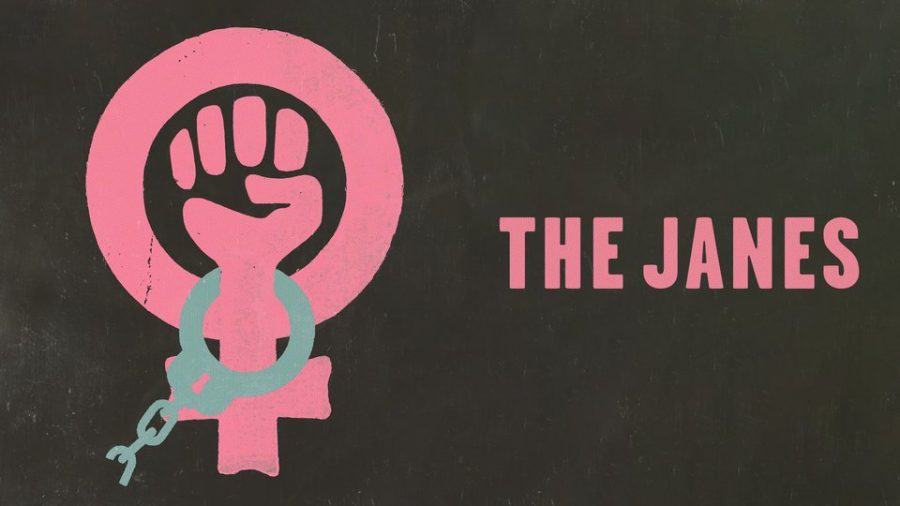‘The Janes’ shows need for abortion rights at fitting time
HBO
The HBO documentary, “The Janes,” provides an emotional outlook on the necessity of abortion rights.
October 24, 2022
It was the late 1960s, and Dorie Barron lay in a sketchy motel room, frozen with fear. Within minutes, the procedure was complete, and she was left there to bleed.
“In the middle of nowhere, in a motel, bleeding,” Barron said. “If I had stayed in that room, I’d be dead.”
“The Janes,” a documentary directed by Tia Lessin and Emma Pildes, tells the story of The Jane Collective, an underground Chicago service founded by a UChicago student, that helped women access abortions and later provided abortions to women in the late 1960s and early ’70s before the procedure was legalized with the Roe v. Wade ruling. The documentary includes interviews with patients, delivering emotional anecdotes about how terrifying the process of receiving an abortion was during the time and the dangers of the situation.
With a combination of authentic and engaging interviews from women looking back on their experiences, those who were observing the process from the outside, and footage from protests during the time, “The Janes” successfully provides a snapshot of the tension and severity of the abortion rights movement at the time — highlighting the importance of Roe vs. Wade.
The documentary follows a narrative style to tell a compelling story. Within the first few minutes, the interview with Ms. Barron is featured, accompanied by videos of the motel where she recounts her abortion occured, sets up the story to show, not just tell, the reality of the situation. The details further highlight the circumstances to the viewer, from the code names used over the phone calls to arrange the abortion to the description of her extreme bleeding after the procedure that was given absolutely no comfort or care.
“The Janes” moves beyond recollections from women who received abortions to those who witnessed the issue externally, building on the importance of acknowledging the necessity of legalizing safe abortions. The documentary features terrifying recollections from nurses and doctors who watched perfectly healthy, young women die due to unsuccessful abortions performed by underground providers.
The documentary also successfully displays the strength and struggle that went on behind the front lines of the movement. Women recall experiences of being talked over and having the severity of the situation with abortion rights downplayed. Further, the documentary goes beyond displaying just the first-wave fight for abortion rights to the second wave that highlighted the racial and class segregation in access to abortion care after the Roe decision in 1973.
“The Janes,” which has been available on HBO Max since January, successfully tells a story that instills fear about the uncertainty of the state of abortion rights today, and puts together a solid representation of why these rights are so crucial to women’s health in the face of the future.




























































